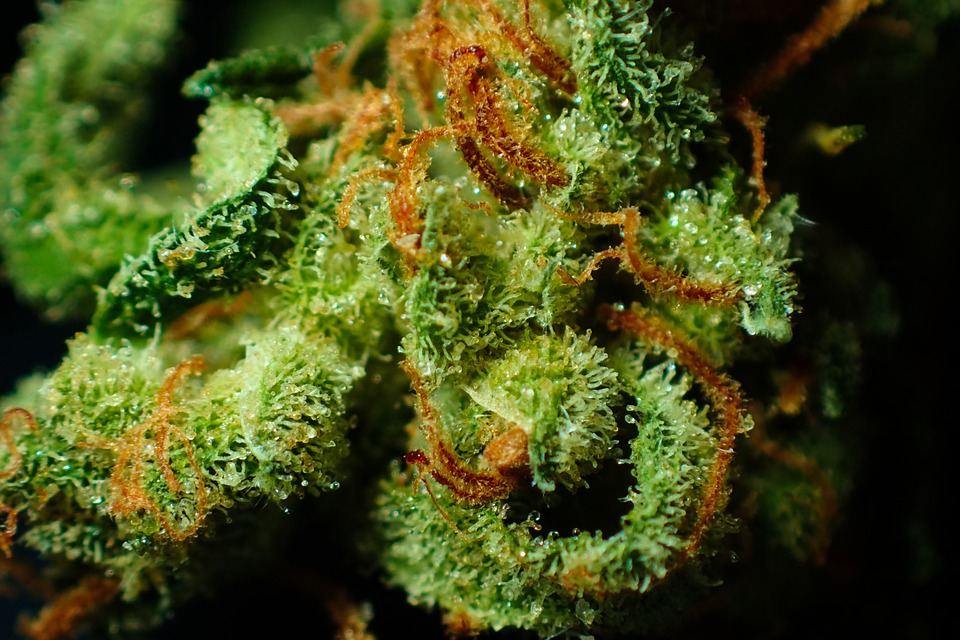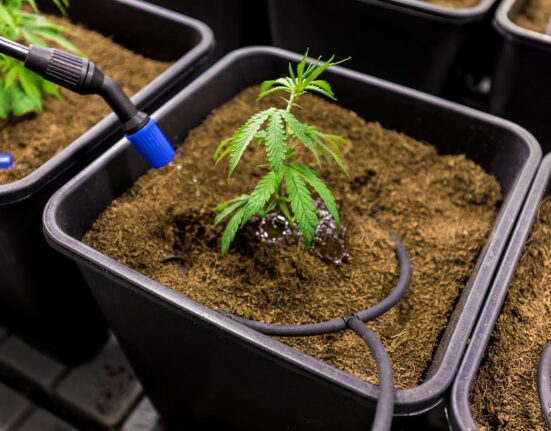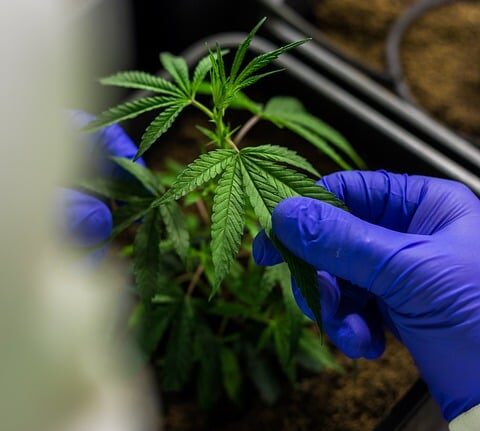Introduction
Delta 9 THC, or tetrahydrocannabinol, is one of the most well-known cannabinoids found in the cannabis plant. It is known for its psychoactive effects that can induce feelings of euphoria and relaxation. However, there are many myths and misconceptions surrounding Delta 9 THC that have led to misunderstandings about its effects and risks. In this article, we will explore some of the common myths and misconceptions about Delta 9 THC and provide evidence-based information to dispel them.
Myth 1: Delta 9 THC is highly addictive
One of the most common myths about Delta 9 THC is that it is highly addictive. While it is true that THC can be habit-forming for some individuals, it is not physically addictive in the same way that drugs like opioids or nicotine are. Research has shown that the addiction potential of Delta 9 THC is relatively low compared to other substances, and most people who use it do not develop a dependence on it.
Myth 2: Delta 9 THC is harmful to the brain
Another common myth about Delta 9 THC is that it is harmful to the brain. While it is true that excessive or heavy use of THC can have negative effects on cognitive function and memory, moderate use of Delta 9 THC is generally considered to be safe for most individuals. In fact, some studies have even found that THC may have neuroprotective properties and could potentially be used to treat certain neurological disorders.
Myth 3: Delta 9 THC is the only cannabinoid with medicinal properties
While Delta 9 THC is well-known for its psychoactive effects, it is not the only cannabinoid with medicinal properties. Other cannabinoids, such as CBD (cannabidiol), CBN (cannabinol), and CBG (cannabigerol), also have therapeutic potential and can be used to treat a variety of health conditions. In fact, many medical cannabis products contain a combination of cannabinoids to maximize their therapeutic effects.
Conclusion
Dispelling myths and misconceptions about Delta 9 THC is important in order to provide accurate information to the public and promote responsible use of cannabis products. While it is true that Delta 9 THC can have both positive and negative effects depending on the individual, it is essential to base our understanding of this cannabinoid on scientific evidence rather than misinformation. By educating ourselves and others about the true nature of Delta 9 THC, we can help reduce stigma and promote informed decision-making when it comes to using cannabis for medicinal or recreational purposes.
FAQs
Q: Is Delta 9 THC legal?
A: The legality of Delta 9 THC varies depending on the country or state. In some places, Delta 9 THC is legal for medical or recreational use, while in others it remains illegal. It is important to check the laws and regulations in your area before using Delta 9 THC.
Q: Can Delta 9 THC cause paranoia or anxiety?
A: While some individuals may experience feelings of paranoia or anxiety when using Delta 9 THC, these effects are typically dose-dependent and can be mitigated by using lower doses or choosing cannabis products with a higher CBD content. It is important to start with a low dose and monitor your reactions when using Delta 9 THC.
Q: What are the potential medical benefits of Delta 9 THC?
A: Delta 9 THC has been shown to have a variety of potential medical benefits, including pain relief, anti-inflammatory properties, anti-nausea effects, and appetite stimulation. It is currently being studied for its potential use in treating conditions such as chronic pain, chemotherapy-induced nausea and vomiting, and multiple sclerosis.








Leave feedback about this